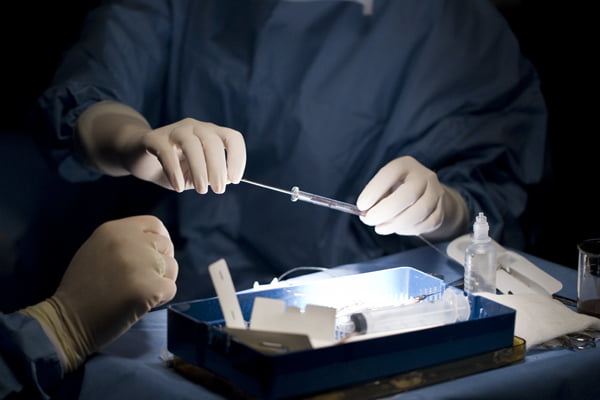 January 2, 2018 | British and Israeli research institutions will team up to work on four joint projects concerning stem cells over the course of a three-year period, the British Council announced last month. They will be awarded £1.5 million ($2,033,175 million) for their efforts by the Britain Israel Research and Academic Exchange (BIRAX) program, a £10 million ($13.5 million) initiative of the British Council to invest in significant research from the cooperation of British and Israeli scientists. The projects will develop stem cell treatments for diabetes, heart disease, leukemia, anemia, and Alzheimer’s, according to the British Council. The new round partners together British scientists from Edinburgh University, Exeter University, University of Cambridge, and the University of Glasgow with Israeli scientists from Weizmann Institute of Science, the Technion – Israel Institute for Technology, and the Hebrew University of Jerusalem. One of the projects will have a Weizmann Institute of Science researcher collaborating with a University of Edinburgh researcher to explore how cells lining blood vessels in the body develop in order to learn how new blood vessels are regenerated in damaged tissue. Another Weizmann Institute of Science researcher will work with a University of Cambridge researcher to establish “how mutations in blood stem cells affect their function and will lead to a better understanding of why the blood and immune system deteriorate with age,” the report said. The other projects will be collaborations between Hebrew University researchers and University of Exeter researchers investigating type 1 diabetes. Researchers from Technion and the University of Glasgow will look into a “mechanism that may be implicated in Alzheimer’s disease.” BIRAX began six years ago as a collaboration between the British Council, British Embassy in Israel, and the UK Science & Innovation Network with founders Pears Foundation and the United Jewish Israel Appeal (UJIA.)
January 2, 2018 | British and Israeli research institutions will team up to work on four joint projects concerning stem cells over the course of a three-year period, the British Council announced last month. They will be awarded £1.5 million ($2,033,175 million) for their efforts by the Britain Israel Research and Academic Exchange (BIRAX) program, a £10 million ($13.5 million) initiative of the British Council to invest in significant research from the cooperation of British and Israeli scientists. The projects will develop stem cell treatments for diabetes, heart disease, leukemia, anemia, and Alzheimer’s, according to the British Council. The new round partners together British scientists from Edinburgh University, Exeter University, University of Cambridge, and the University of Glasgow with Israeli scientists from Weizmann Institute of Science, the Technion – Israel Institute for Technology, and the Hebrew University of Jerusalem. One of the projects will have a Weizmann Institute of Science researcher collaborating with a University of Edinburgh researcher to explore how cells lining blood vessels in the body develop in order to learn how new blood vessels are regenerated in damaged tissue. Another Weizmann Institute of Science researcher will work with a University of Cambridge researcher to establish “how mutations in blood stem cells affect their function and will lead to a better understanding of why the blood and immune system deteriorate with age,” the report said. The other projects will be collaborations between Hebrew University researchers and University of Exeter researchers investigating type 1 diabetes. Researchers from Technion and the University of Glasgow will look into a “mechanism that may be implicated in Alzheimer’s disease.” BIRAX began six years ago as a collaboration between the British Council, British Embassy in Israel, and the UK Science & Innovation Network with founders Pears Foundation and the United Jewish Israel Appeal (UJIA.)
Related posts

Israeli AI Safety Tool Among TIME’S Best Inventions For 2024

TAU Team Discovers Mechanism To Eliminate Cancerous Tumors

Ashdod Port Investing In Startups As Part Of Innovation Strategy




Facebook comments